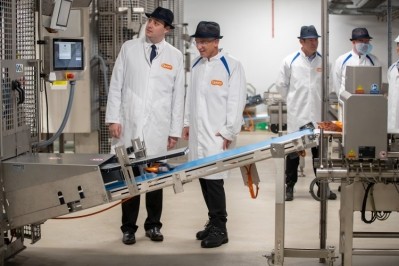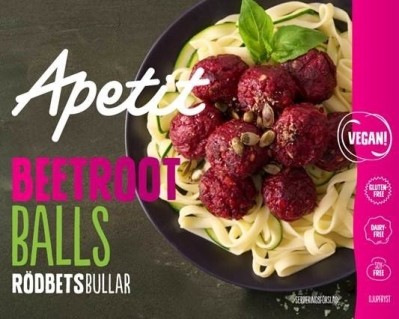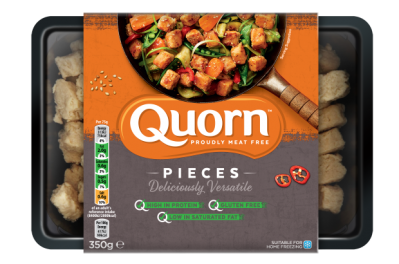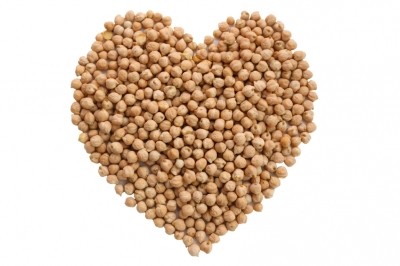Quorn comes calling as meat-free alternatives no longer considered niche
Made from an edible fungus (‘mycoprotein’) grown using a controlled fermentation process, Quorn has been adamant from the start that its food isa healthy protein and not a lesser alternative to meat.
“We’ve gone on a journey with Quorn Foods, originally advertising the food to niche audiences such as vegetarians and sports people,” said Dr Geoff Bryant, technical and engineering director at Quorn Foods, speaking at Protein Vision in Amsterdam last month.
“Now we’ve moved into a more mainstream category due to the fact that it’s convenient and affordable.”
“Moving forwards, the aspects of sustainability and its benefits is definitely going to come into its positioning. We need ways to cut our meat consumption down by upto 40% by highlighting the alternative options out there.”
Figures to back up claims
Market researchers at IRI reinforce the notion that consumers are considering meat-free alternative proteins as a long-term lifestyle change.
They found that out of 2,600 shoppers living in Italy, Greece, Spain, Germany, France, the UK and Holland, 39% of them now purchase vegetarian food.
IRI also notes a 26% increase in the number of people buying vegetarian food over the last three years.
Launched in the UK in 1985, Quorn could be considered a pioneer in the sector having the best part of 30 years to mould the brand and bring inquisitive consumers around to its way of thinking.
No doubt, positive portrayals in the media have contributed to its changing image contrasted by the realities of animal agriculture and its long-term sustainability.
Quorn have also been active in educating the public about veganism, regularly highlighting vegan recipes online and on social media, communicating the foods’ value amongst an increasingly health-conscious audience.
“We’ve created a brand behind our fungi-based protein that is part of our non-animal-based proteins,” said Bryant.
“But by having something unique and differentiated under a brand like Quorn, it means that consumers buy into a unique experience.
“This is in contrast to meat, which is a generic commodity item. By creating a brand around the experience, consumers can become familiar with the food and revisit it time and time again.”
























